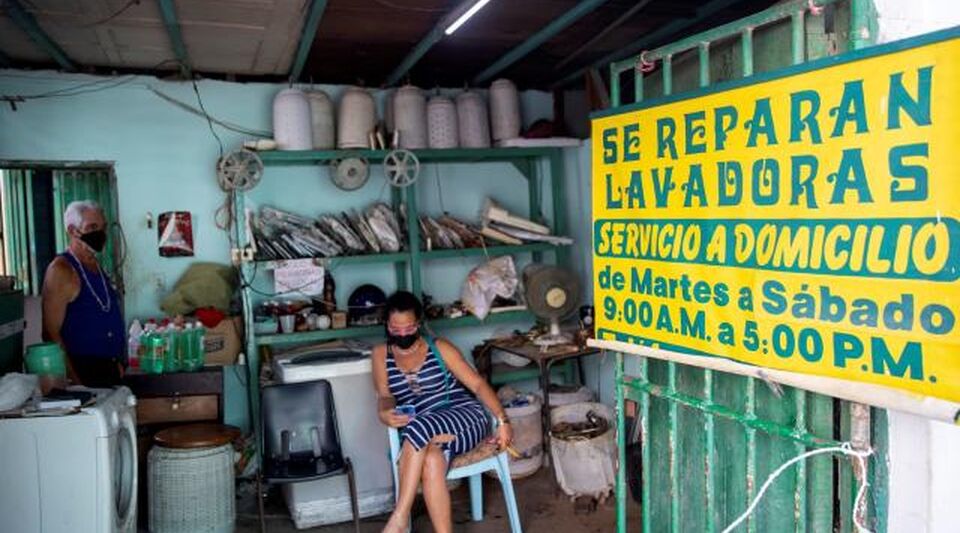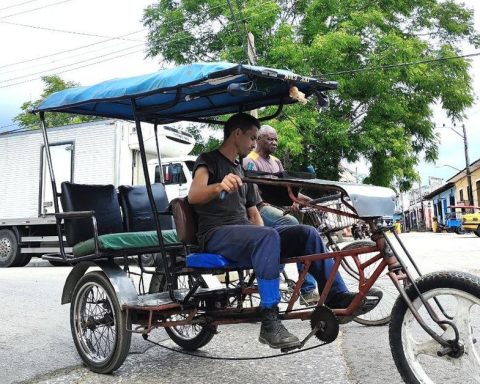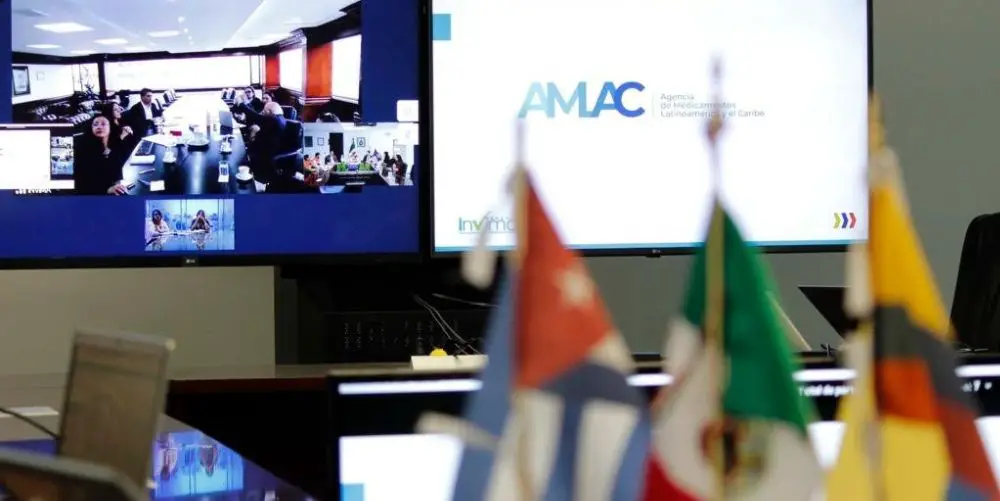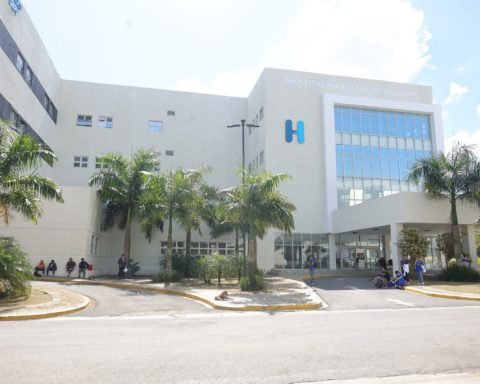The authorities were clear when they announced the creation of micro, small, and medium-sized enterprises (MSMEs) and non-agricultural cooperatives: the priority would be food production. The reality is that, despite the indication to preferentially authorize these companies, only 15.3% (1,029) of the 6,704 created until the end of January were dedicated to it. They are exceeded by gastronomic establishments or supermarkets, grouped as food marketers, which with 1,273 reach 19% and show the little contribution of private companies to a sector that is sunk at the state level.
The services sector is confirmed as the leader among the new companies created on the Island, with 3,014, 45% of the total and, finally, there are those dedicated to “other productions”, 21%, with 1,388.
The data comes from an analysis published this Friday by the official press in which the MSMEs and non-agricultural cooperatives created until January 31, 2023, although this same Thursday more were added to a list currently made up of 7,225.
Among the most enigmatic data is that of employment. The figures indicate that 179,317 jobs were created, a fact celebrated by the report, which indicates that “their development will indicate whether they are more or less required by each business or project, but it is relevant to bring income to the family.”
To know the scope of this data, it would be necessary to know how many of these jobs have been withdrawn from self-employment, since 3,310 of these new entities are self-employed businesses converted
However, to know the scope of this data, it would be necessary to know how many of these jobs have been withdrawn from self-employment, since 3,310 of these new entities are reconverted self-employed businesses. The balance, in this sense, is balancing, since there are already 2,302 newly created ones, when initially they were a small percentage.
Another of the most outstanding data is the one that indicates that only 42 of these businesses export –always through a state entity–, which is even more serious if one takes into account that last year, when there were only 1,286 MSMEs There were already 32 who traded abroad, that is, the exponential growth of authorized ventures is not reflected in their contribution to the foreign sector.
By territory, and as expected, the capital is consolidating as a monopolizing center of the new initiatives, which are 2,631 private, 43 state and 24 private cooperatives in Havana. In addition, the western zone of the Island brings together 62% of these businesses. Granma is, with 608, 6 and 5, the province that brings together the most, although at a great distance from Havana. And now with about 400 there are Santiago de Cuba, Holguín and Matanzas.
“Except in Artemisa and Sancti Spíritus, the concentration of MSMEs and non-agricultural cooperatives is observed in the main municipalities”, says the report, which highlights the importance of the 1,080 local development projects – mostly located in the center of the Island – which, in his opinion, “can increase the supply of goods and services to the population, particularly food”.
When will these actors generate greater food availability in the medium term? What obstacles do you have today in the production and sale of your productions and services?
Although the authors of the text –Science PhD Victoria Pérez Izquierdo and a work culture research team from the Cuban Institute of Anthropology– tend towards optimism when pointing out that the vertiginous increase in “economic actors occurs despite an unfavorable economic context, which has an impact on access to basic inputs for the development of enterprises”, his doubts are visible.
“The questions would be – they conclude – when will these actors generate greater availability of food in the medium term? What obstacles do they have today in the production and sale of their products and services? What to transform or modify so that these actors can increase their results productive?”
cubadebate considers that the data reveals the need for a “better articulation” of the new MSMEs, as well as increase their access to the foreign exchange market, lighten the bureaucracy and design public policies for their internationalization, among other steps.
The optimism generated by the timid opening to the private sector through micro, small and medium-sized companies has led to fear or suspicion among the population and the entrepreneurs themselves towards those who manage to create a prosperous business, since their proximity to the Government is systematically perceived .
A report from the Miami-based think tank Cuba 21st centurytitled Entrepreneurship in Cuba suffocated by Gaesa, describes as “false opening” the law of MSMEs, that has served to “drown” the private sector that was beginning to emerge on the Island after Raúl Castro’s reforms to create a kind of caste related to the regime that attracts foreign investment and facilitates a new rapprochement with the United States.
The same organization had indicated in January that the meetings between the Governments of Cuba and Russia confirm that the transition is being implemented from a “nationalized economy model” to the “Russian market mafioso” scheme.
________________________
Collaborate with our work:
The team of 14ymedio He is committed to doing serious journalism that reflects the reality of deep Cuba. Thank you for accompanying us on this long road. We invite you to continue supporting us, but this time becoming a member of our newspaper. Together we can continue transforming journalism in Cuba.


















